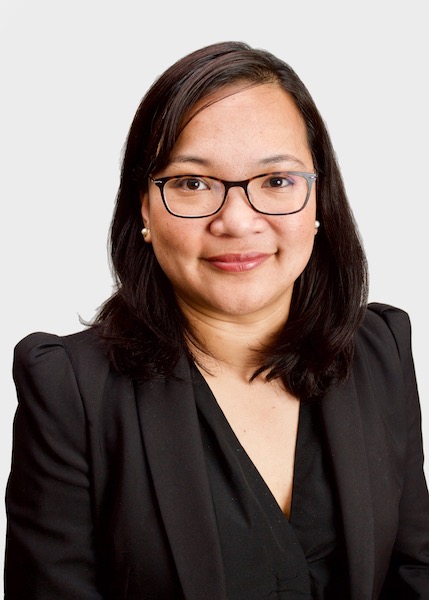Canada Research Chair appointments in York University’s Faculty of Liberal Arts & Professional Studies (LA&PS) include Professors Regina Rini and Ethel Tungohan.
The Government of Canada announced new Canada Research Chair recipients on May 3. Researchers at post-secondary institutions across Canada will receive $158.7 million in funding under the CRC program; for each Tier 1 appointment the university receives $200,000 annually for seven years, while for Tier 2 CRCs it will receive $100,000 annually for five years. The CRCs are also supported with $8.3 million in research infrastructure funding from the Canada Foundation for Innovation.
“The CRC program supports some of the most important and exciting research being done at York,” said Robert Haché, vice-president research & innovation at York.
The two LA&PS CRCs announced today include:
Regina Rini, Canada Research Chair in Philosophy of Moral and Social Cognition (Tier 2)
Assistant Professor, Department of Philosophy, Faculty of Liberal Arts & Professional Studies

Professor Regina Rini
Rini’s research focuses on how people in democratic societies justify their social beliefs to one another. Her work analyzes research from the social sciences, especially cognitive science and sociology, to draw conclusions about how public debate currently works. She also investigates philosophical questions about what it means to improve public debate. How can we take deep moral and political difference seriously while remaining respectful in a diverse society? Rini’s central answer is a connection between public discourse and personal moral agency. She argues that we cannot understand our individual moral and political decisions without also understanding how we relate to those of others.
Ethel Tungohan, Canada Research Chair in Canadian Migration Policy, Impacts and Activism (Tier 2)
Assistant Professor, Department of Politics, Faculty of Liberal Arts & Professional Studies

Professor Ethel Tungohan
Tungohan will undertake an analysis of discourses that have underpinned the Canadian government’s policies towards temporary foreign workers from 1973 until 2017 and the nature of these policies and their effects on different groups of temporary foreign workers. She will also examine the range of migrant workers’ social movement activities that have emerged as a response, in particular, to anti-migrant discourses and policies.
